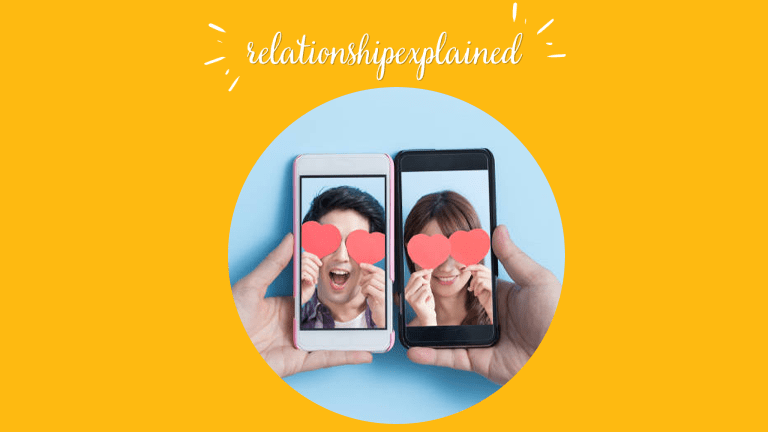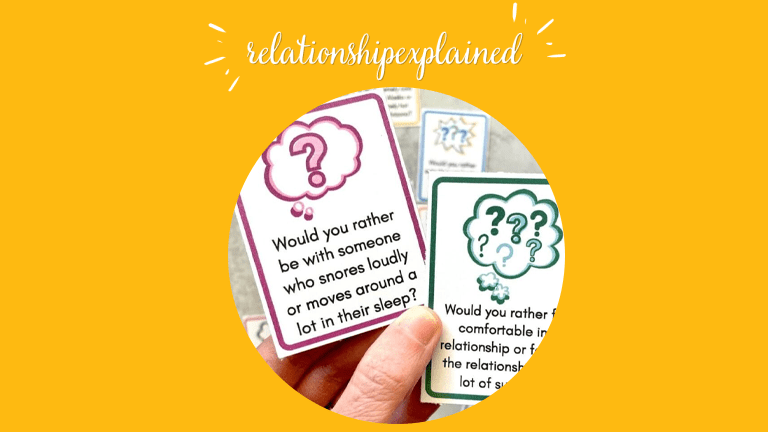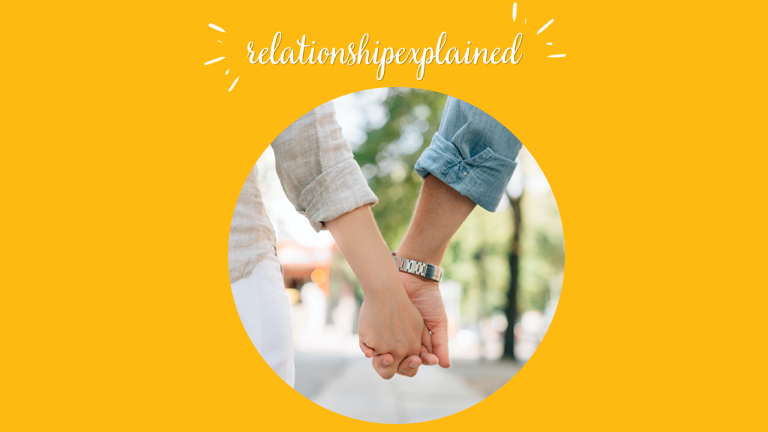Who Has More Users Tinder Or Bumble?
Want to know which dating app, Tinder or Bumble, has more users? We've got you covered with this brief guide that will answer this question.
In the digital age of dating, the quest for love, or simply a swipe-right-worthy connection, has taken center stage.
Two prominent contenders in this arena, Tinder and Bumble vie for the top spot, each boasting a massive user base. It's a showdown of swipes and profiles where millions seek companionship, romance, or even just a friendly chat. But who holds the crown for the most users in this high-stakes game of modern matchmaking?
In this exploration, we'll delve into the numbers, features, and evolving dynamics of these platforms to answer the burning question: Does Tinder reign supreme, or does Bumble steal the show?
Tinder Vs. Bumble - A Detailed Comparison
Before diving into the details, let us take a look at the two dating apps and their origins.
Tinder was founded in September 2012 by Sean Rad, Justin Mateen, Jonathan Badeen, Joe Munoz, Whitney Wolfe Herd, and Dinesh Moorjani. It officially launched in the same year. Tinder is known for its swiping-based matching system, where users can browse through profiles and swipe right to like or left to pass. Initially, it gained popularity as a casual dating app but later expanded to accommodate various types of relationships.
Bumble was founded by Whitney Wolfe Herd, who was also one of the co-founders of Tinder. Bumble officially launched in December 2014. One of the key differences with Bumble is its approach to women's empowerment in online dating.
On Bumble, only women can initiate conversations with matched connections, putting them in control of their interactions. Bumble has also expanded beyond dating with features like Bumble BFF for finding friends and Bumble Bizz for professional networking.
Operational Differences
1. Matching Process
Both Tinder and Bumble use swiping as a fundamental matching mechanism. However, Bumble has the unique feature of allowing only women to initiate conversations after a match is made, promoting a more balanced and respectful interaction.
2. User Demographics
While both platforms cater to a broad range of users, Tinder is often associated with more casual dating. In contrast, Bumble has positioned itself as a platform for various types of relationships, including romantic, friendship, and networking.
3. Safety Features
Both platforms have introduced safety features like photo verification and reporting tools. Bumble is particularly proactive in promoting safety by allowing users to request video chats before meeting in person.
4. Monetization
Tinder and Bumble offer premium subscription options that provide additional features and benefits. These premium features include Super Likes and Boosts on Tinder and Bumble Boost on Bumble.
5. Company Values
Bumble has emphasized its commitment to women's empowerment and safety, which is reflected in its unique feature of allowing women to make the first move. The founder of the company, Whitney Wolfe Herd, has been a vocal advocate for these values.
6. Expansion
Both Tinder and Bumble have expanded their operations internationally, aiming to create a global presence. They are available in numerous countries and languages.
Who Has More Users?
As of 2022, Tinder boasts a significant user base with 75 million total users. This figure surpasses the monthly active user count of Bumble, which stands at 12.3 million. In terms of sheer numbers, Tinder clearly maintains a substantial lead.
However, it's essential to consider user engagement and monetization. Tinder has an impressive user count accompanied by some noteworthy statistics. Men are reported to be 22 times more likely to become paid users than women on Tinder. This indicates that a substantial portion of Tinder's user base comprises free users. Additionally, Tinder statistics reveal that 20% of profiles on the platform are fake, potentially affecting the quality of interactions.
On the other hand, Bumble has 1.35 million paid users, including subscribers and those engaging in in-app transactions. The user count of Bumble is significantly smaller than that of Tinder. However, its focus on women's empowerment and safety may attract users who are more willing to invest in the platform.
Which Dating App Should You Choose?
The choice of a dating app ultimately depends on your individual preferences, goals, and what you prioritize in a dating experience. Here are some considerations to help you decide:
A. Tinder
Choose Tinder if you're looking for a vast and diverse user pool and you're open to various types of relationships, from casual to more serious. It's user-friendly and widely recognized, making it easy to find potential matches. However, be aware of the potential for fake profiles and the need to differentiate genuine intentions.
B. Bumble
Opt for Bumble if you value women's empowerment and want a more controlled and respectful environment. The unique feature of this platform, allowing women to initiate conversations, can lead to more meaningful connections. It's also a good choice if you're interested in finding friends or networking opportunities in addition to dating.
C. Other Apps
Consider other dating apps like OkCupid, Hinge, or eHarmony if you have specific preferences or are looking for a more in-depth matchmaking process. These platforms often provide more detailed profiles and compatibility assessments.
D. Safety
Regardless of your choice, prioritize safety. Look for apps with safety features like photo verification, reporting tools, and video chat options before meeting in person.
E. Monetization
Keep in mind that many dating apps offer premium features for a fee. If you're willing to invest in your dating experience, explore the premium options available on your chosen platform.
Final Thoughts
In conclusion, the choice of a dating app is a highly personal decision. You may lean towards the widespread popularity of Tinder, the women-first approach of Bumble, or another platform that aligns with your specific needs. However, what truly matters is your experience and the meaningful connections you make.
Remember that the success of any dating app depends on your engagement, communication skills, and safety precautions. Explore your options, be respectful, and remain open to new possibilities.
Ultimately, the right dating app is the one that helps you meet like-minded individuals and fosters connections that enhance your dating journey.













